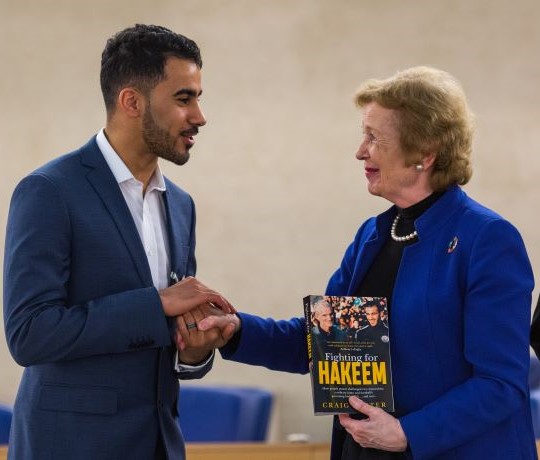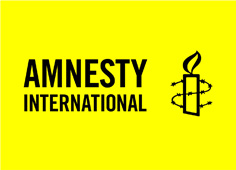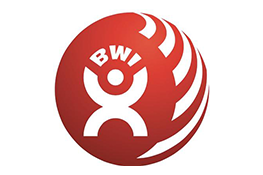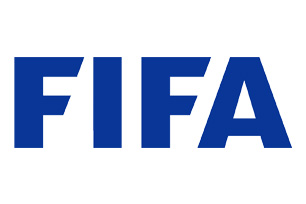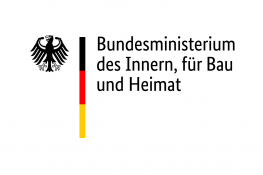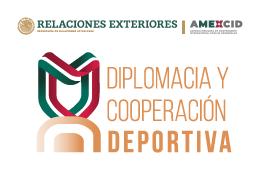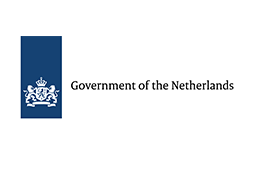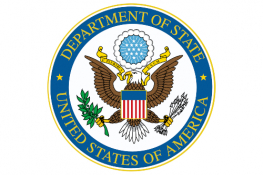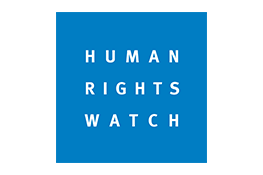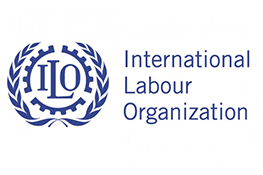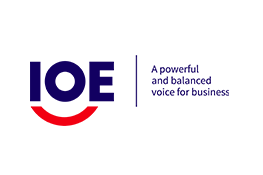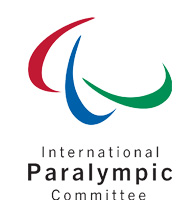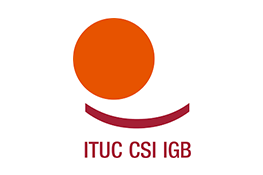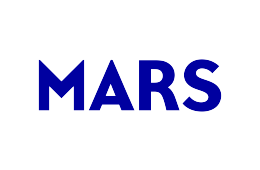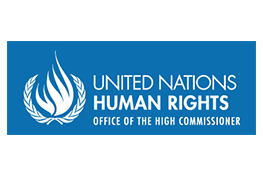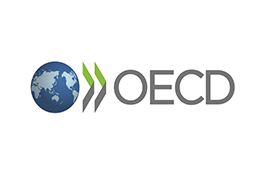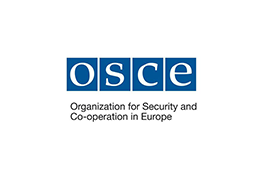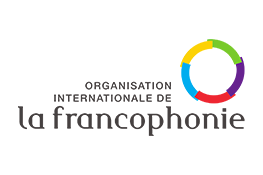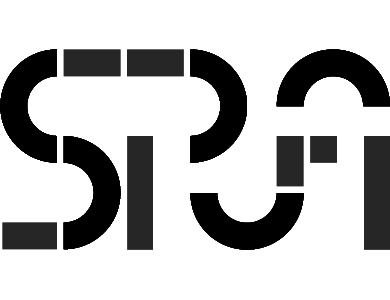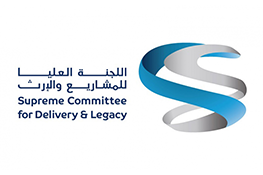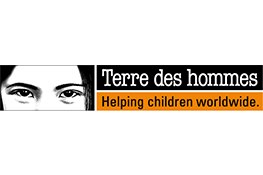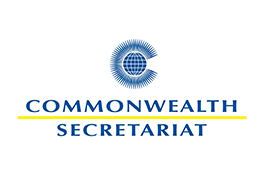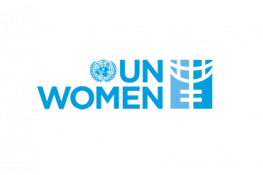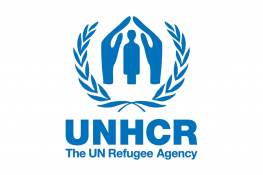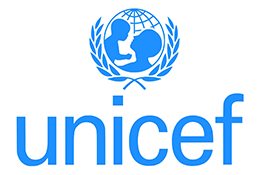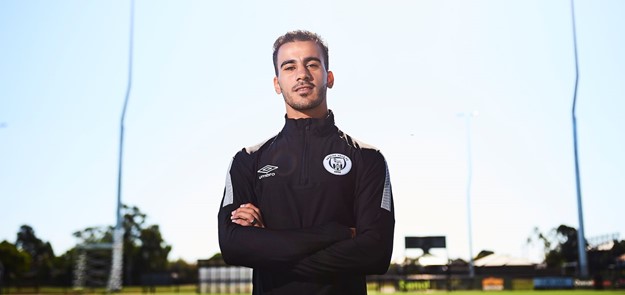
The case of footballer Hakeem al-Araibi
On November 27, 2018, Hakeem al-Araibi, a well known football player from Bahrain living in Australia, arrived in Thailand for his honeymoon. When he landed, Araibi was separated from his wife and confined to a detention center. Thai immigration police had been waiting to arrest Araibi based on an Interpol “red notice” from Bahrain, the country from which Araibi had fled in 2014 after he was accused on highly questionable charges of vandalism - likely as a form of intimidation because of his public advocacy against government policies. Araibi, denied the charges but faced deportation to Bahrain, where he would be jailed and, he feared, tortured. In the following months, diplomatic efforts and behind-the scenes discussions amongst a range of actors and organisations took place, all for the purpose of assisting Araibi. Many of these discussions were facilitated by the Centre for Sport and Human Rights, which played an important role in mobilisation efforts on Araibi’s behalf.
Beginning in January 2019, the Centre led a rapid response effort involving a diverse range of organisations who were in frequent contact and able to share information and coordinate plans concerning Araibi’s case. The discussions, facilitated by the Centre, involved governments, human rights organisations, sports bodies, and members of the Centre’s Advisory Council. By creating an open dialogue between these groups, the Centre ensured that all the relevant actors, many with significant influence and leverage in the case, were aware of respective roles and plans, were sufficiently updated on a fast-moving situation, and were therefore equipped to take their own actions in lobbying for Araibi’s release.
The situation became an international story, triggering outcry among human rights activists, sports figures and lawmakers around the world. Pressure mounted on the Thai government as it called a hearing for Araibi’s case in February 2019. Many of the participants in the Centre’s mobilisation effort, including officials from 12 different governments and FIFA, sent a powerful message by attending Araibi’s hearing in person.
On February 11, 2019, prosecutors dropped the case and Araibi was released. A month later, he was granted citizenship in Australia.
The Centre’s work in this case demonstrated the organisation’s potential impact on individual lives linked to the world of sport and is a testament to the power of collective action.
Inspiration
Hakeem al-Araibi pictured with Centre Chair Mary Robinson at the Sporting Chance Forum in Geneva, 2019
